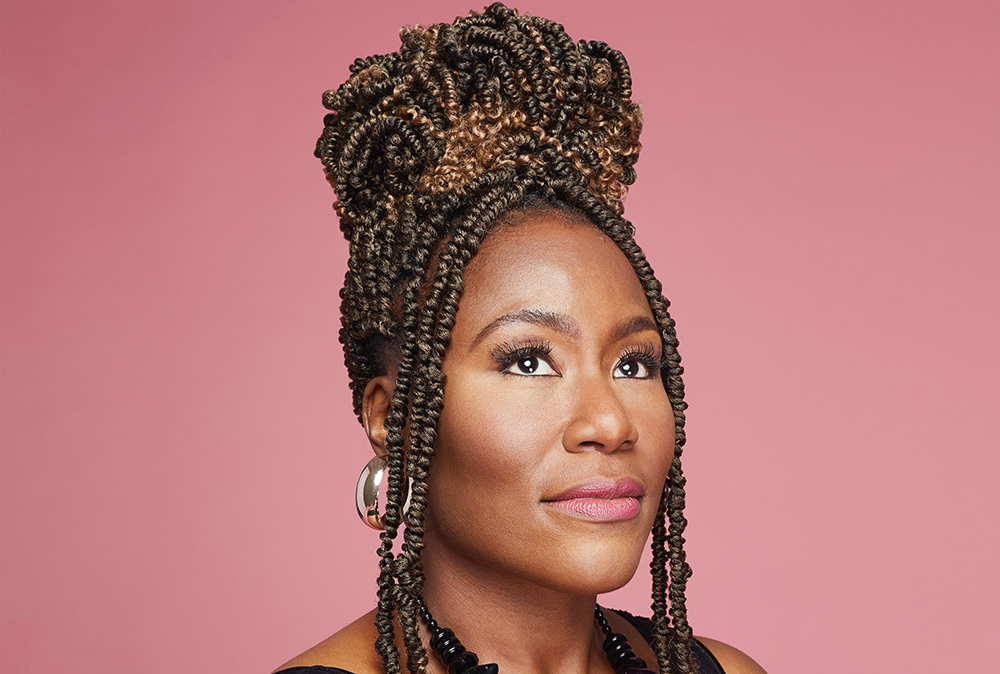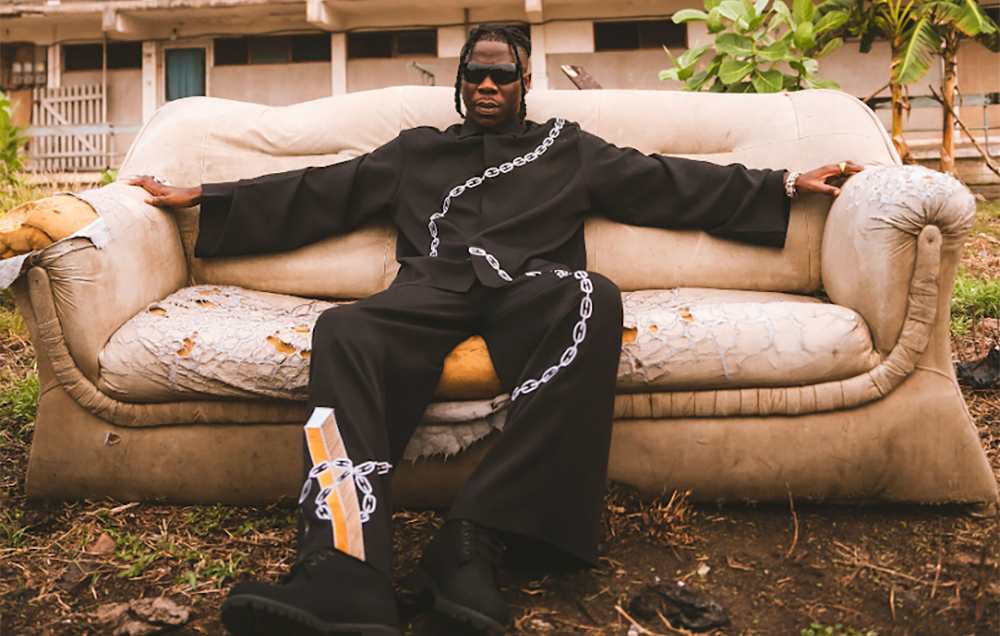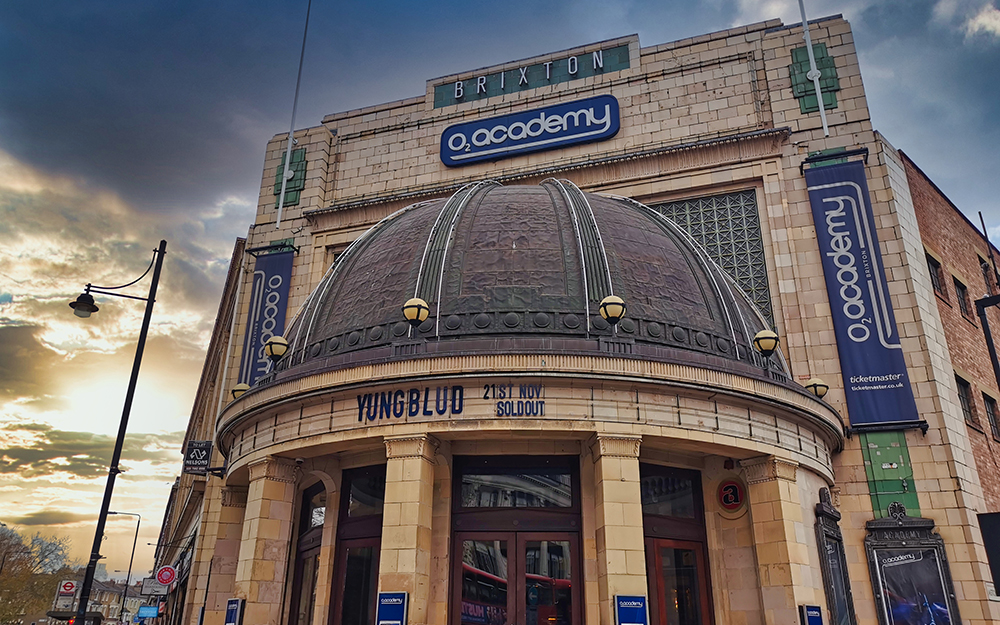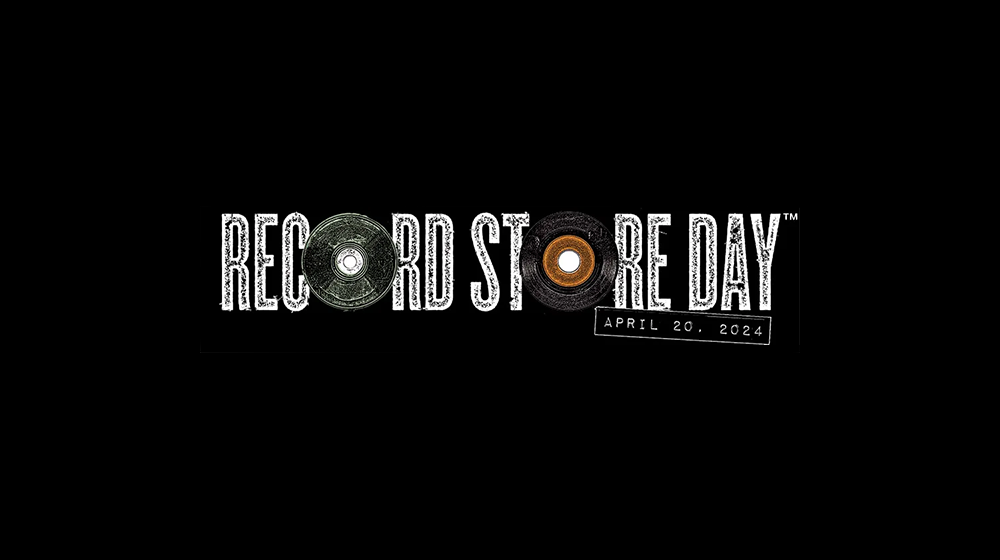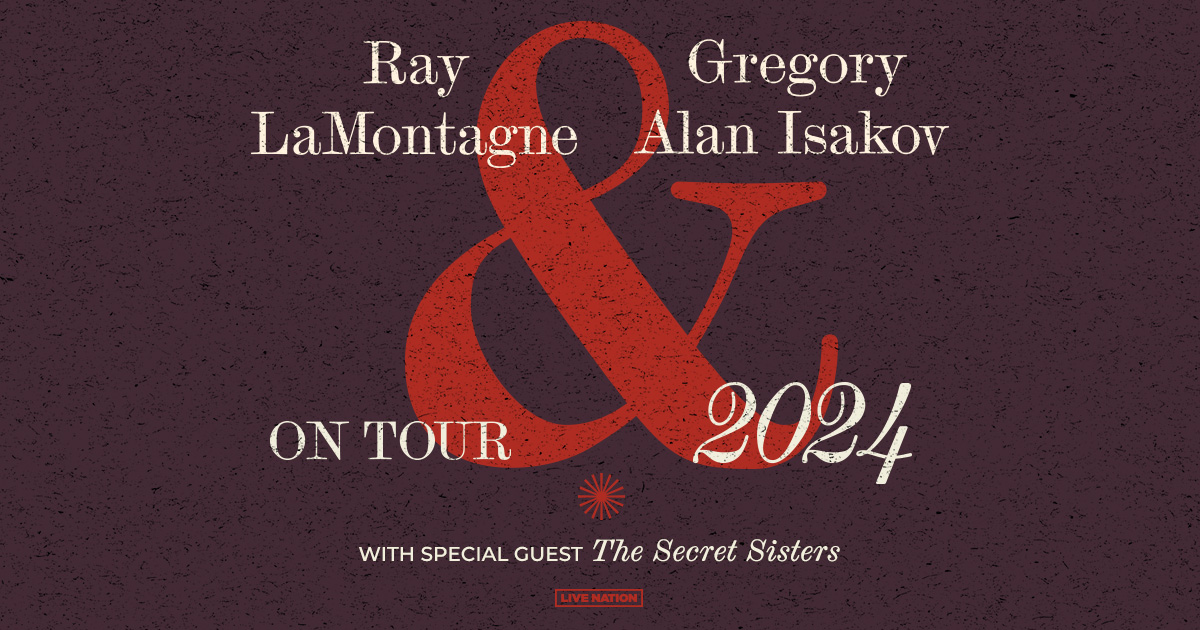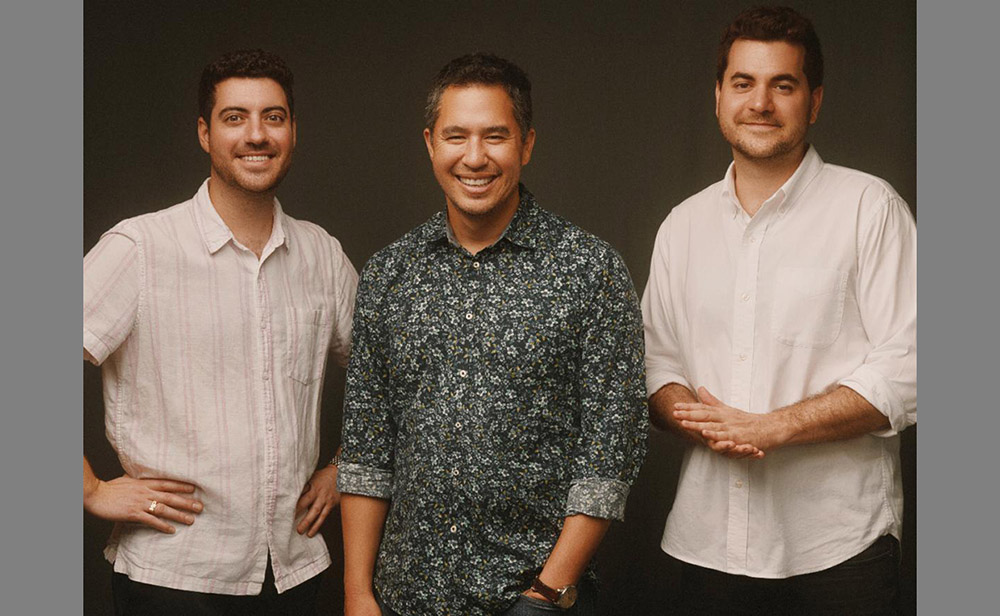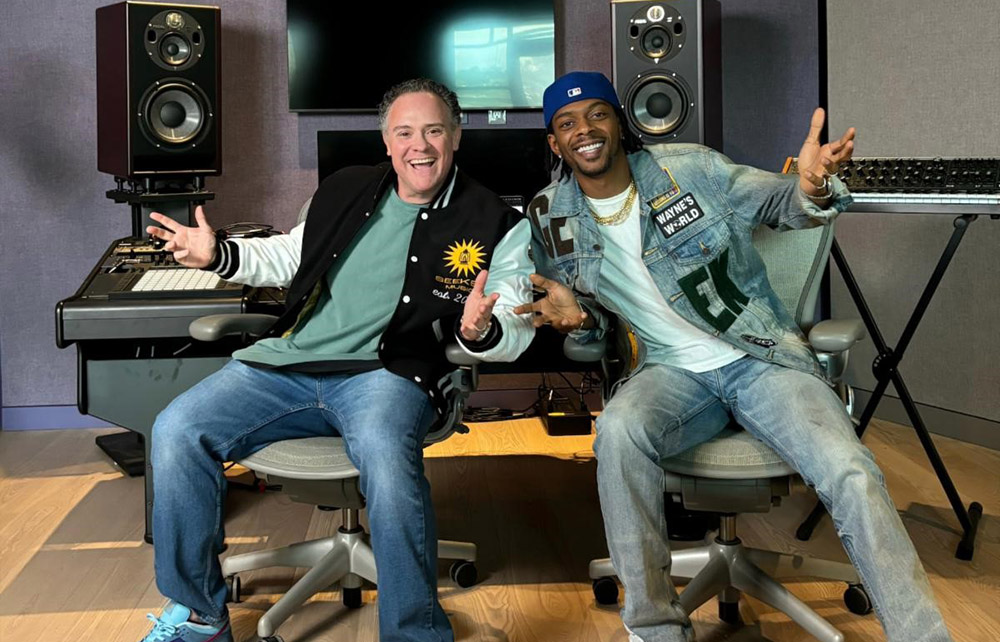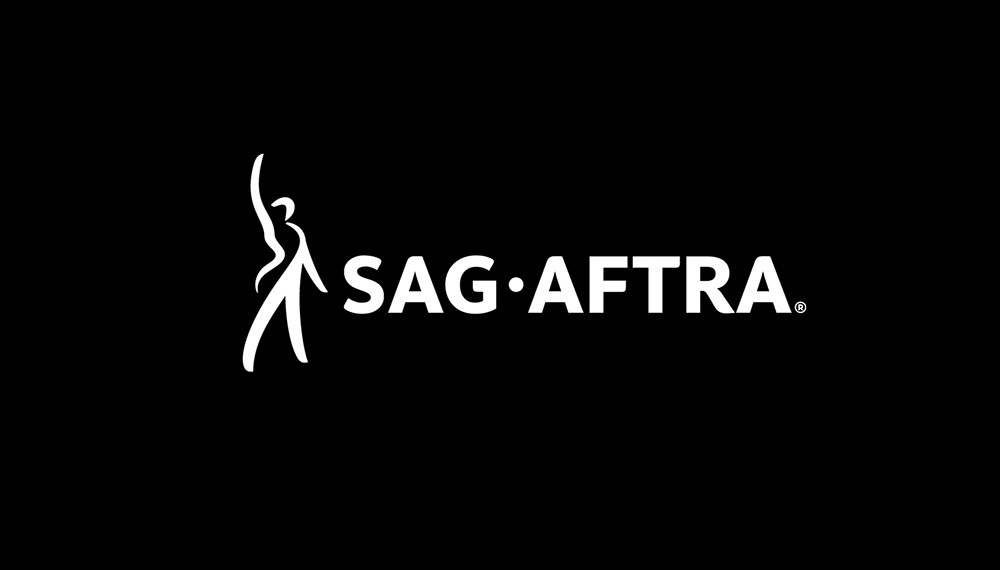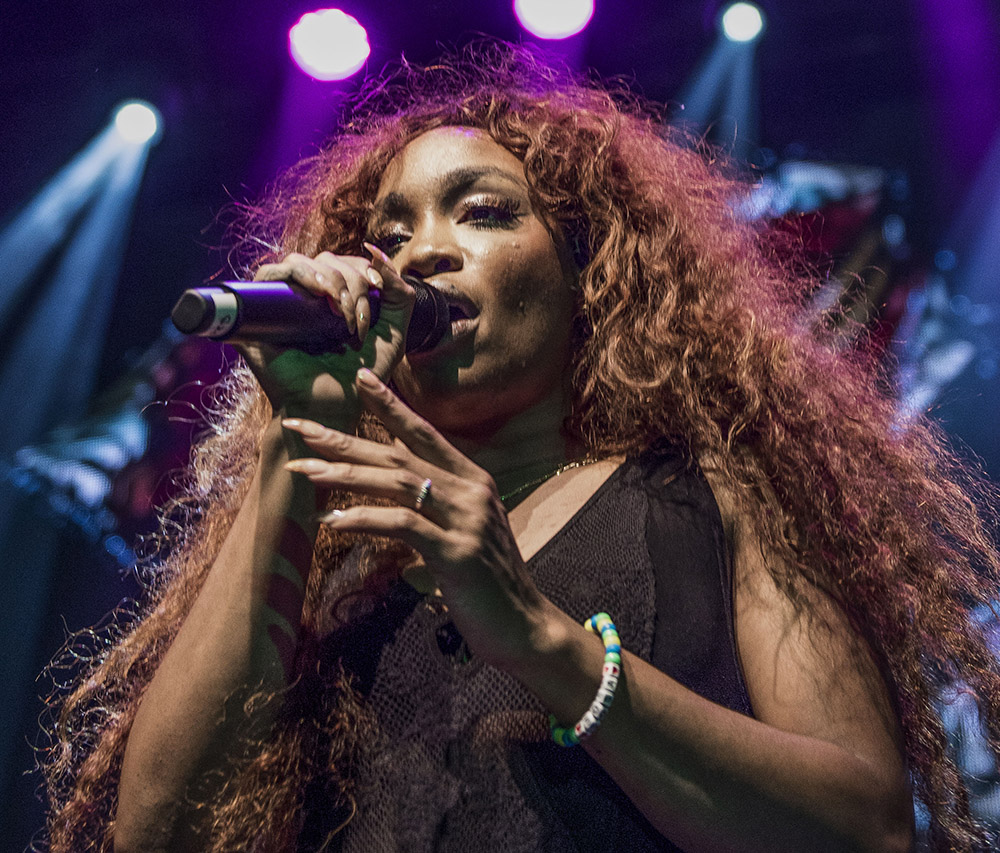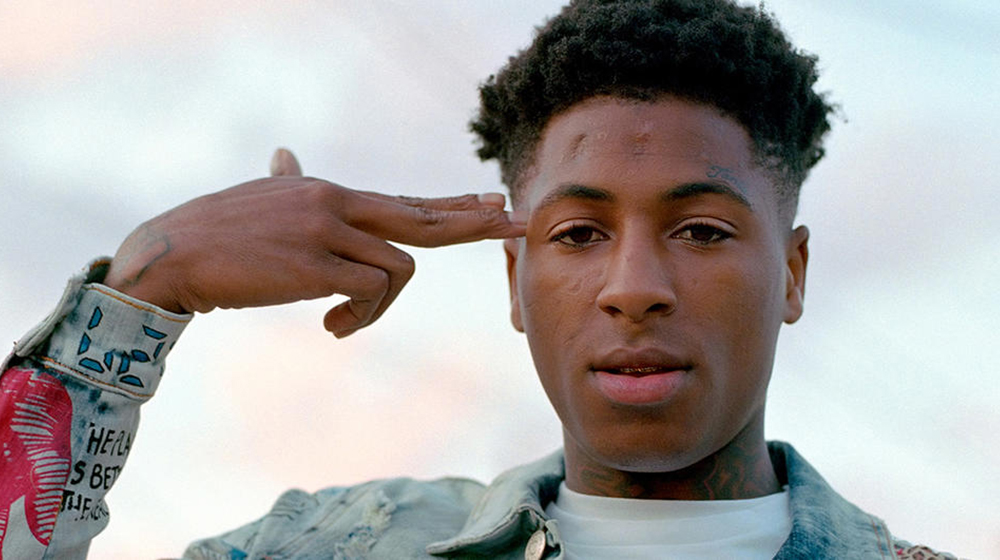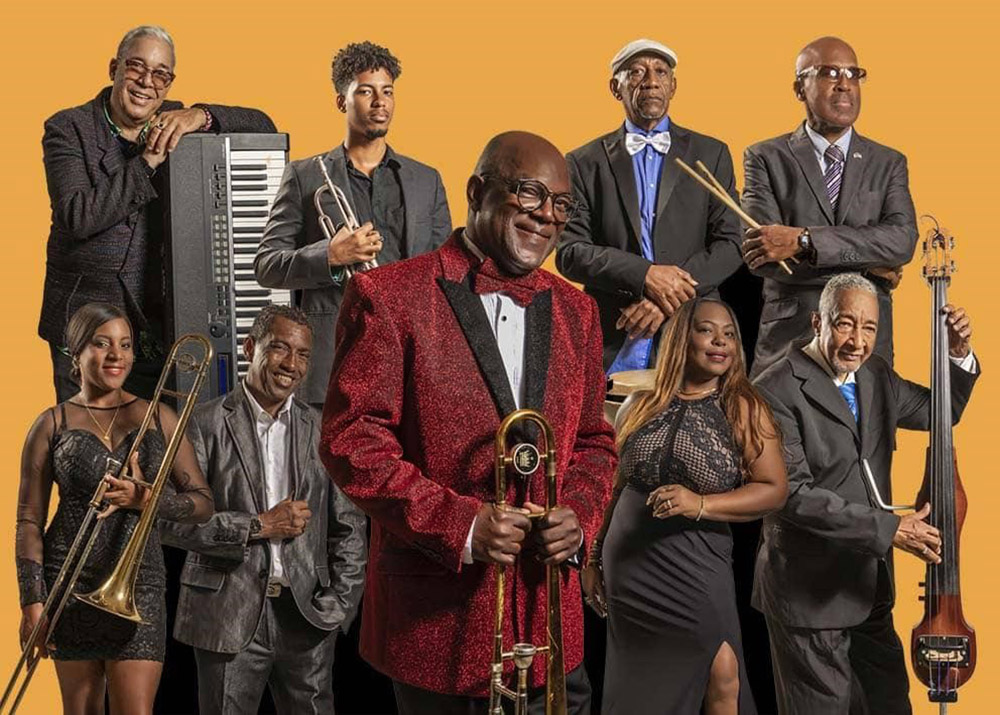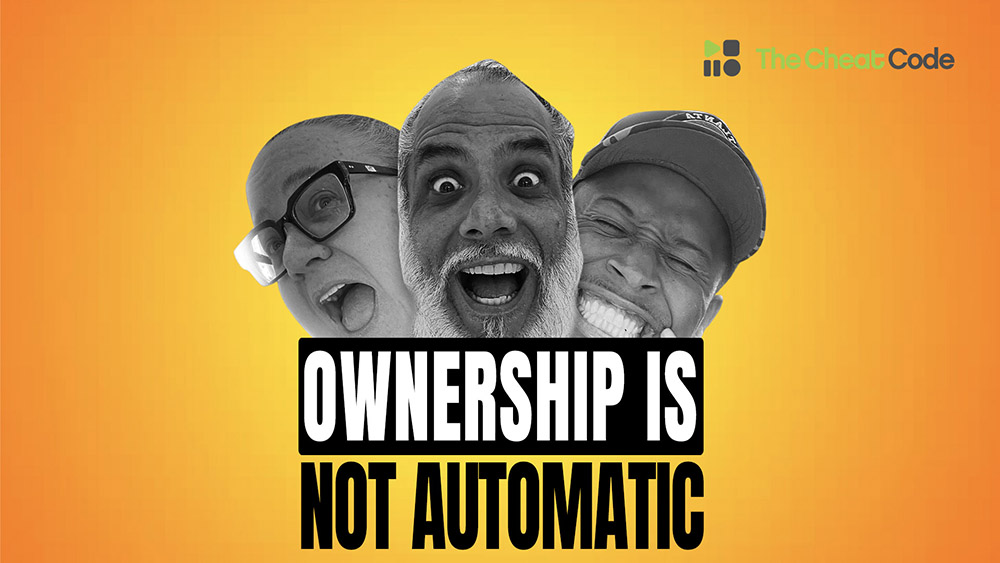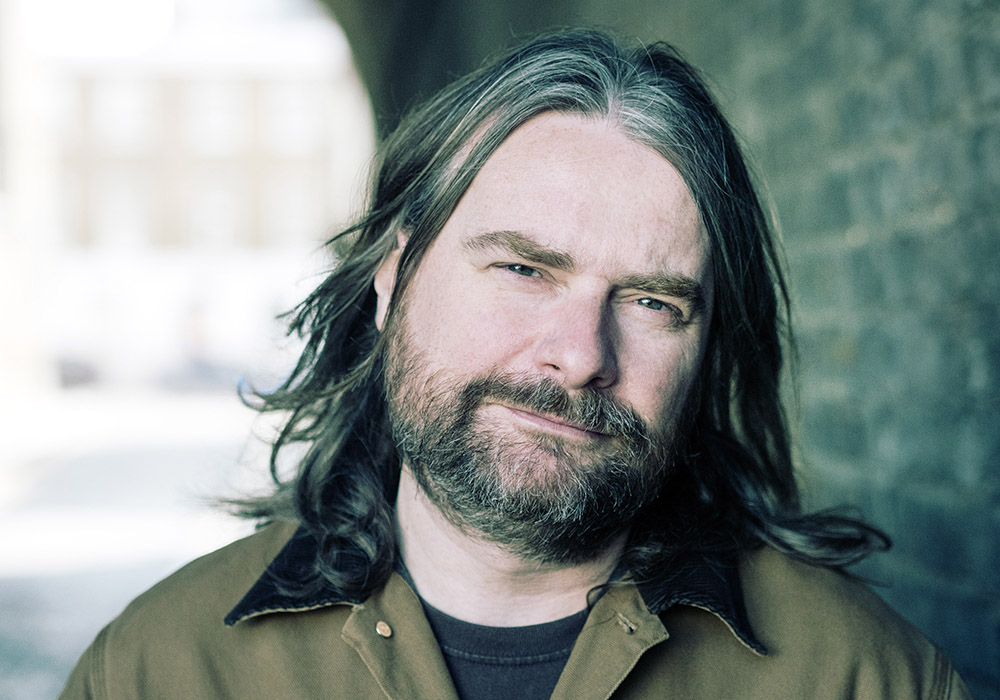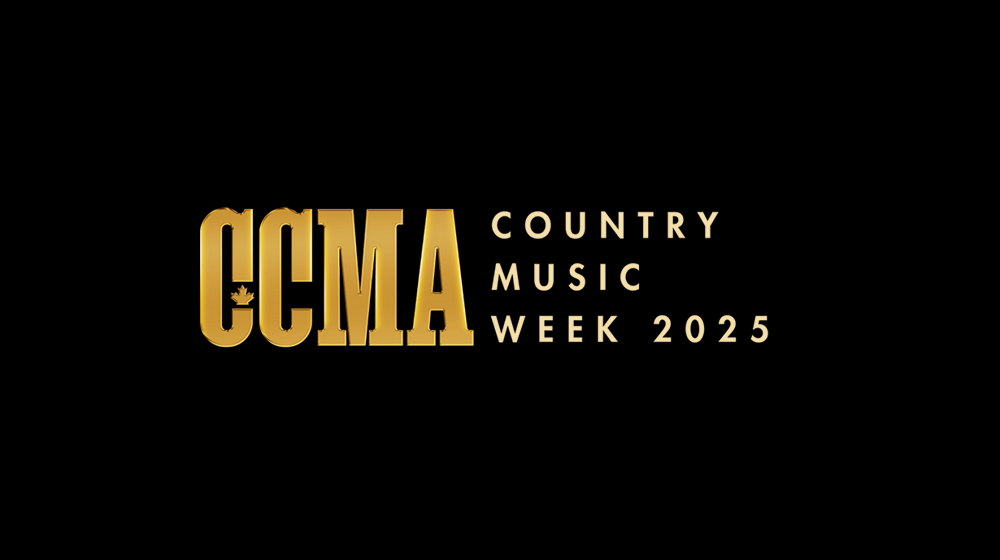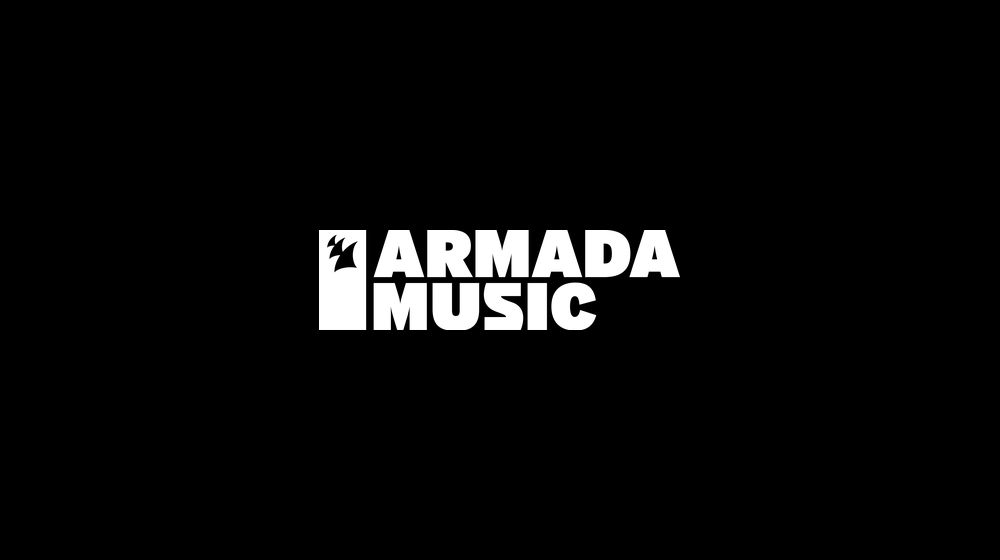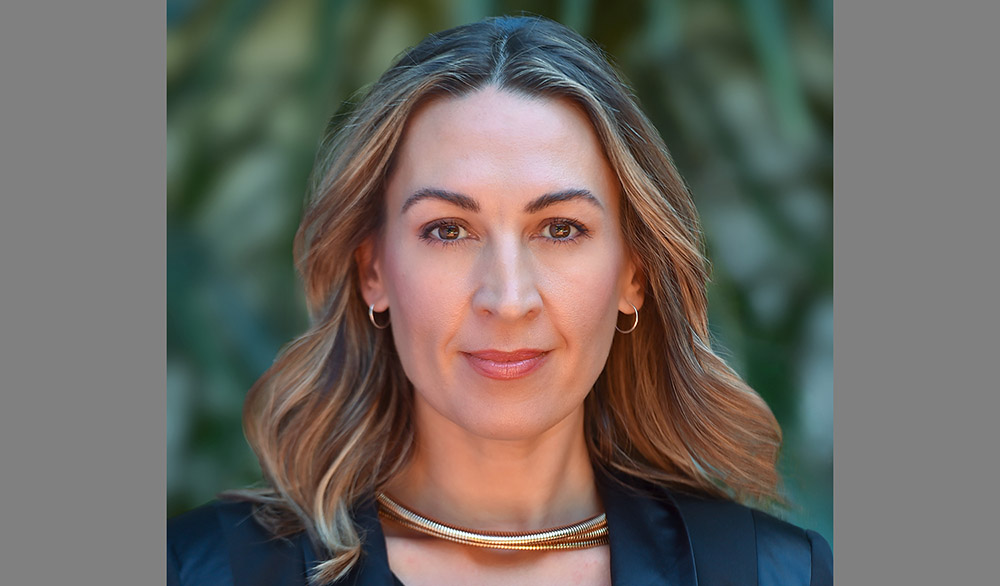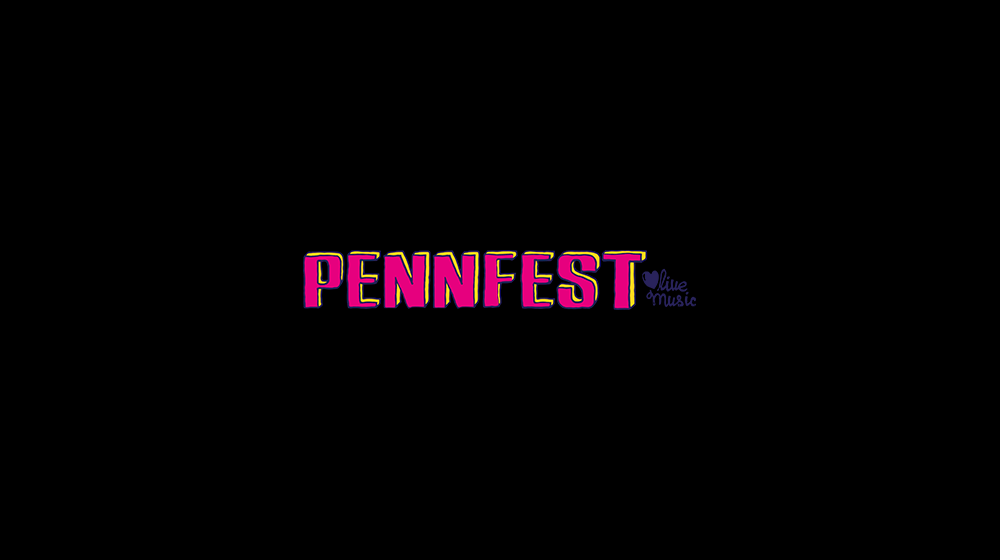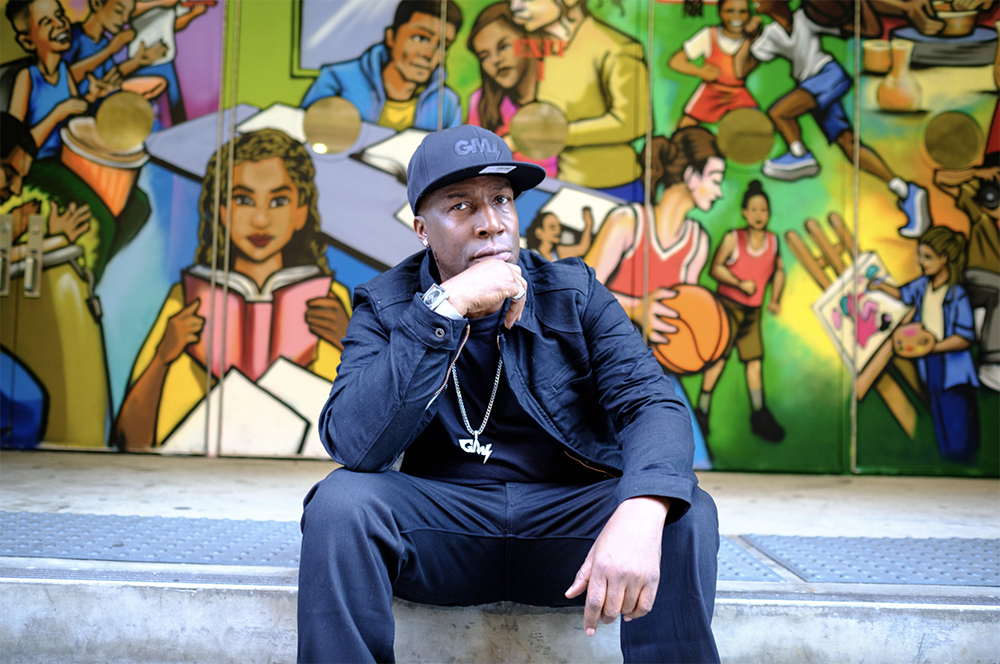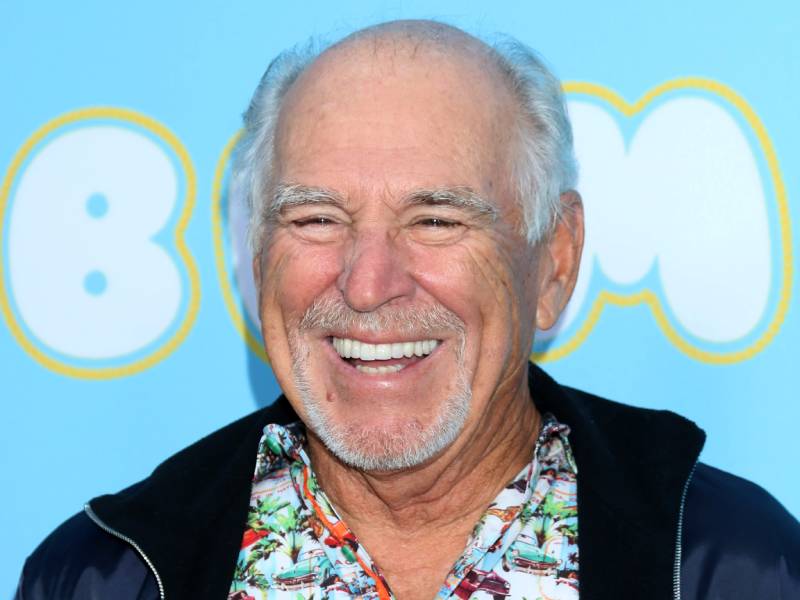
LONDON (Hypebot) – Late last week David Byrne wrote a lengthy column for The Guardian in which he discussed streaming music, Spotify, the music industry, artist careers and his own choice of pulling music from Spotify. Unlike many musician critics, Byrne showed he's been closely following the larger conversation, understands the details and has a clear picture of the stakes at hand. Yet, sadly, after writing one of the clearest takes on the situation I've read to date, Byrne seems unable to suggest a better path forward. Let's hope he's able to take another step after giving the matter more thought.
David Byrne's Guardian column is very well-written, sketches out one of the clearest pictures of the current state of streaming music and artists' careers that I've seen to date yet closes on a disappointing note. Things look bad. Something must be done. But "I don't have an answer."
In some ways I respect that position. Too many people are taking cut-and-dried stances as a basis for lashing out at whoever disagrees with their supposed wisdom. Too many others are simply resigned to whatever comes their way, taking the stance of victim or attempting to rebrand as survivor.
Byrne makes some excellent points including a few that are often missing in arguments related to Spotify and other streaming music services. For example, lots of people get worked up about Spotify payments as if the labels weren't major beneficiaries of deals whose details we are not allowed to know:
"Spotify is the second largest source of digital music revenue for labels in Europe, according to the International Federation of the Phonographic Industry (IFPI). Significantly, that's income for labels, not artists…"
"The amounts these services pay per stream is miniscule…The major record labels usually siphon off most of this income, and then they dribble about 15-20% of what's left down to their artists. Indie labels are often a lot fairer – sometimes sharing the income 50/50."
Byrne notes that Spotify's business model is not designed to maximize revenue for artists who are not shareholders and who, if popular, often don't own their rights:
(Hypebot) – "Spotify gave $500m in advances to major labels in the US for the right to license their catalogues. That was an "advance" against income – so theoretically it's not the labels' money to pocket. Another chunk of change is soon to follow. The labels also got equity; so they are now partners and shareholders in Spotify, which is valued at around $3bn."
"That income from equity, when and if the service goes public, does not have to be shared with the artists. It seems obvious that some people are making a lot of money on this deal, while the artists have been left with meagre scraps."
Byrne also questions the notion that musicians shouldn't judge Spotify as a potential revenue stream but should instead view it as a marketing platform where new fans might discover their music:
"I can understand how having a place where people can listen to your work when they are told or read about it is helpful, but surely a lot of places already do that? I manage to check stuff out without using these services. I'll go directly to an artist's website, or Bandcamp, or even Amazon…"
"I also don't understand the claim of discovery that Spotify makes; the actual moment of discovery in most cases happens at the moment when someone else tells you about an artist or you read about them – not when you're on the streaming service listening to what you have read about."
Byrne summarizes numerous musicians' stances, makes many strong points, asks many excellent questions and leaves it all very open-ended.
It's unfortunate that one of the few musicians currently playing public intellectual who addresses issues related to Spotify and the larger topic of streaming media in a clear, thoughtful and thorough manner is unwilling to suggest possible next steps.
But given that most musicians will simply take individualistic stances while their public statements cancel each other out, I guess we will just have to wait to see what Spotify, other streaming music services, the labels and music fans end up doing.






















